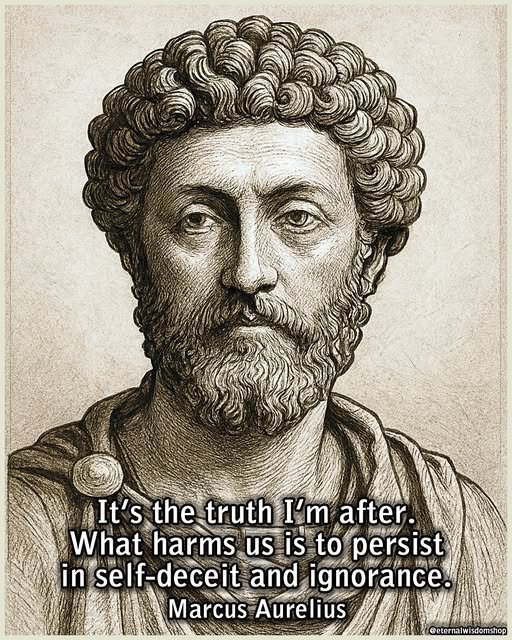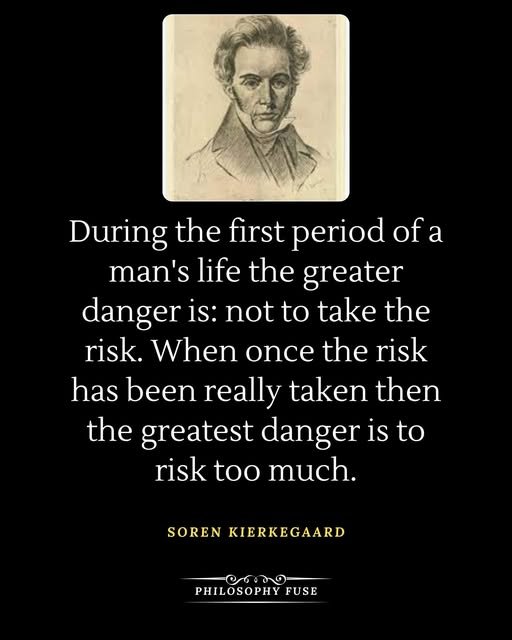Beyond Good and Evil: Prelude to a Philosophy of the Future is a philosophical work by Friedrich Nietzsche, first published in 1886. This book serves as a critical examination of traditional moral values and philosophical concepts, building upon ideas introduced in his earlier work, Thus Spoke Zarathustra, but with a more polemical and confrontational approach.
Nietzsche challenges the established notions of truth, morality, and religion, particularly critiquing the Christian moral framework that he argues promotes a \"slave morality.\" He posits that this morality is rooted in weakness and resentment, contrasting it with a \"master morality\" that values strength, power, and nobility. Nietzsche\'s exploration of these moralities reflects his broader critique of Western philosophy, which he believes has been overly influenced by dogmatic beliefs and a denial of life’s inherent chaos and complexity.
The book is structured into several aphorisms, allowing Nietzsche to present his ideas in a concise and impactful manner. He discusses concepts such as the will to power, which he sees as a fundamental driving force in human beings, and the importance of embracing life’s uncertainties rather than adhering to rigid moral codes.
Beyond Good and Evil is significant for its radical rethinking of ethics and its challenge to the philosophical status quo. Nietzsche\'s provocative style and bold assertions have made this work a cornerstone of existential and postmodern thought. The book encourages readers to question their own beliefs and the societal norms that shape their understanding of good and evil.
Nietzsche\'s Beyond Good and Evil remains a vital text in philosophy, inviting ongoing discussion and debate about morality, power, and the nature of truth. Its influence extends beyond philosophy into literature, psychology, and cultural studies, marking it as a pivotal work in the exploration of human values and existence.































.jpeg)





.jpeg)
.jpg)
.jpg)





.jpg)
.jpg)
.jpeg)













.jpeg)


.png)





.jpg)

.jpg)
.jpeg)
.jpg)

















.jpg)



